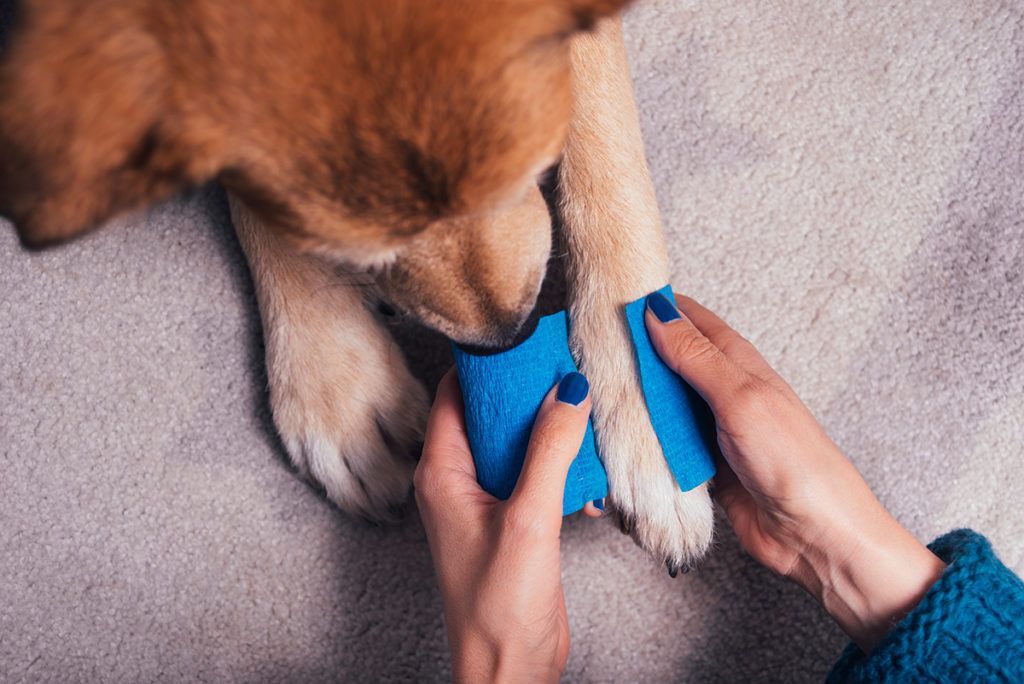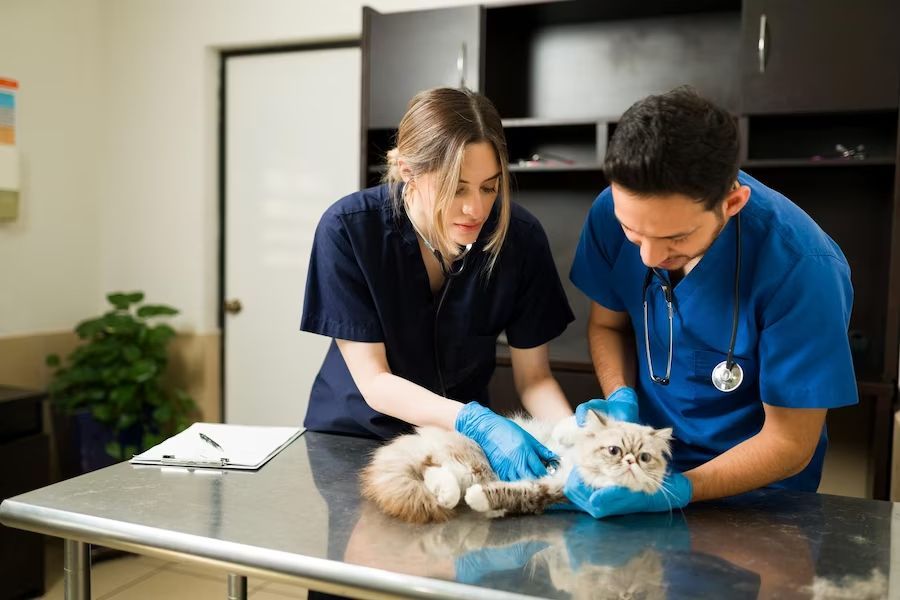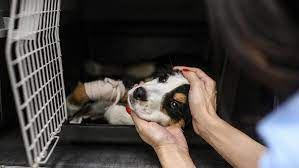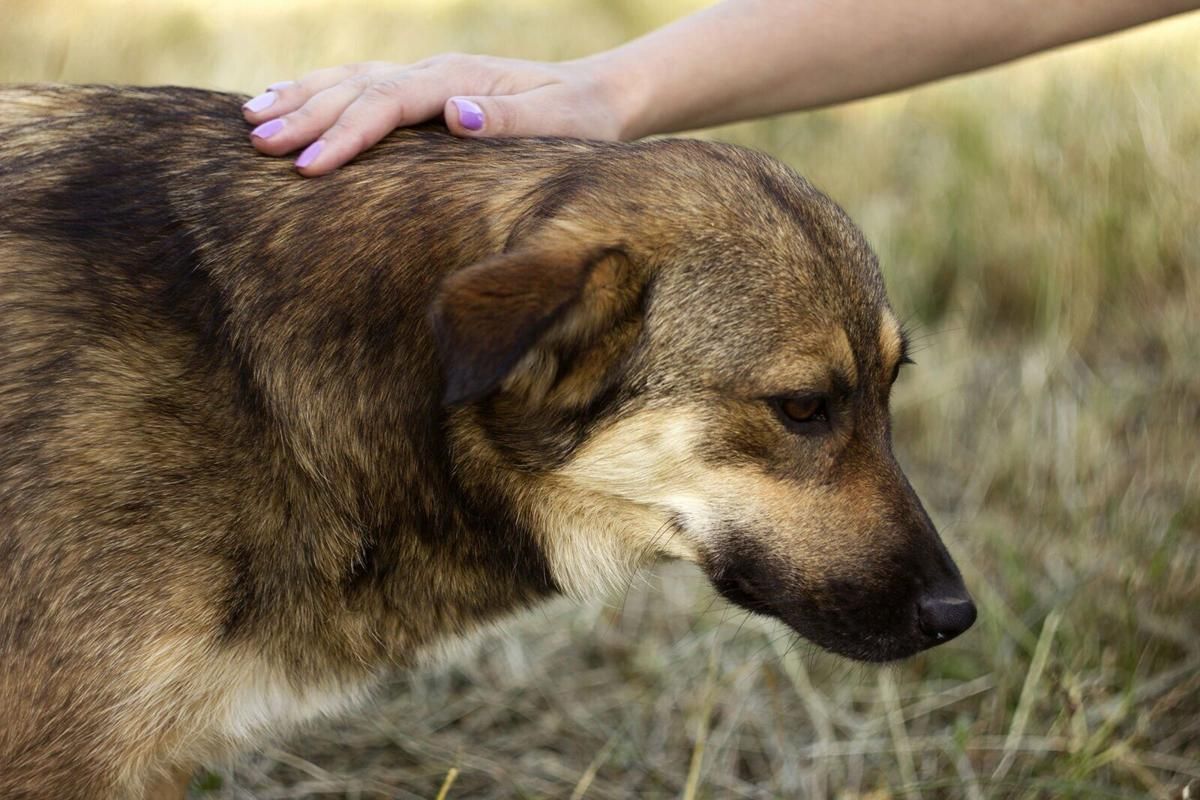When A Dog Stops Eating, How Long Before They Die?
When a dog suddenly stops eating, many owners wonder when they should start to worry.
Dogs can only go so long without eating, which is why it is so important to understand this time frame and the potential dangers that come along with canine anorexia.
In this article we will discuss how long a dog can go without eating before they die, what could cause anorexia in dogs, and how you can help your canine friend going forward.
How Long Can A Dog Go Without Eating?
Most dogs will experience an upset stomach at some point throughout their lives.
If your dog ever begins to shy away from their food bowl because of it, it’s important to be aware of just how long they can go without eating.
When referring to healthy dogs, most dogs can go up to 5 days without food.
This is only the case if they are still drinking water, as water is essential for their survival.
Though dogs can survive for up to 5 days without food, you should never allow this to happen in your pup.
An extended period without food can significantly impact your dog’s health, especially if it is a result of an underlying illness.
Before we move on, it’s important to note that any dog that will not eat for more than 24 hours should always be seen by a veterinarian.
Why Did My Dog Stop Eating?
If your dog with a healthy appetite suddenly begins to turn their nose up at food, there is likely an underlying cause behind this change in behavior.
Ranging from emotional stress to GI upset, let’s discuss the most common factors behind canine anorexia below.
Your Dog Is A Picky Eater
Just like some humans are picky with the food they put in their stomach, so are some canine friends.
This is especially common when you switch your dog’s diet, leading many to participate in a food strike if it’s not up to par.
If your dog will eat their favorite treats, but will not eat their regular food, they may simply be picky.
Your Dog Is Stressed
Dogs can be deeply impacted by stressful events in their life.
This can be anything from an environmental change to a scary thunderstorm, causing them to turn away food until their nerves pass.
These dogs will typically display other forms of stress and anxiety as well, including many noticeable behavioral changes.
A stressed or anxious dog may:
- Refuse to eat
- Hide away
- Tremble
- Whine
- Vocalize more than usual
- Turn to destructive behavior
Your Dog Has An Upset Stomach
Have you ever attempted to eat a meal while you are nauseous?
It is not a good feeling and our dogs do not enjoy it either.
GI upset in dogs can easily lead to overwhelming nausea, causing a dog to avoid their food at all costs.
These dogs may also experience diarrhea, vomiting, abdominal pain, and lethargy.
Your Dog Started New Medication
A dog that has started new medication could be experiencing GI upset that we are unaware of.
Some medications can make a dog nauseous, especially if they have just begun taking them.
Contact with your local vet for the best advise
Resource Center










